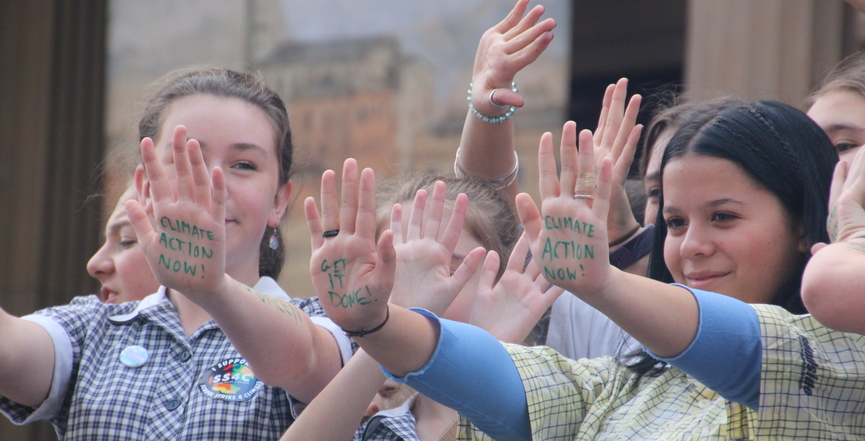The COVID-19 pandemic has prompted a cornucopia of reflections about what is to be learned from it. One of the issues around which this has been the case is climate change.
There are a few ways in which climate change is linked to reflections on the pandemic. One of these links is seeing the pandemic and where there has been relative success in dealing with it as a good case study in the value of scientific advice over politics. The wish is that as a result, science might regain a more secure foothold in the debate around climate change. This is generally coupled with a reflection on the extent to which the pandemic might have been even better prepared for and dealt with had early generic warnings about the likelihood of a pandemic been heeded, and also if warnings about the actual pandemic had been acted on earlier than they were at the beginning of 2020. The hope is that this lesson in the consequences of not heeding warnings will rub off on the climate change debate, if not on the most committed climate change deniers.
Another link between the pandemic and climate change is one less reflected on, although I did see at least one article on it, and that is the whole issue of inter-generational ethics that arises. The lock downs associated with COVID-19 tended to be justified on two grounds: One was containing the spread in such a way as to prevent health-care systems from being overwhelmed, and the other had to do with containing the spread of the virus for the sake of the those who were most likely to die from it, namely the elderly, an argument certainly borne out by the statistics even if it is the case that some younger people seem, for reasons yet to be determined, very vulnerable.
And so it was that multitudes of young people have had to put their lives and dreams on hold in order to safeguard the lives of many who are much older than them. Young people have mostly willingly and without complaint acceded to the moral imperative and practical wisdom of sacrificing things like their personal, educational, athletic, travel, financial and/or employment hopes for the greater good, specifically for the older generation in their society.
Other groups, like front-line health-care workers, and those newly classified as working in essential jobs, like grocery store workers, have also been asked to make a disproportionate sacrifice. But that is for another article on how their real value has been revealed — and how that value should be recognized in the post-pandemic world (better wages for one thing).
Unfortunately, the link between the demands on the young in the pandemic containment strategy and the debate on climate change manifests itself in observing, so far, the unwillingness of populations, and their governments, to demand a reverse moral imperative from older citizens when it comes to sacrifices they might make for the sake of younger and future generations. What are older citizens prepared to sacrifice to safeguard the quality of the lives younger citizens will lead in the coming decades, by substantially reducing our carbon footprint, and seriously dealing with other environmental challenges?
One could argue that, in the case of Canadians, the population has done its part by electing a majority of MPs committed to action on climate change, only to be let down by a government that wants to have its cake and eat it too on climate change by imposing a carbon tax and buying a pipeline. Nevertheless, as we emerge on the other side of the pandemic, hopefully sooner rather than later, it seems to me that there will be a new opportunity for moral reflection on what the generations owe each other. Of course right-wing politicians are always claiming to be worried about passing on fiscal debt to the next generation. But passing on an environmental deficit is a much more real and serious issue. Part of the moral logic of pandemic containment has been asking one generation to sacrifice for another. It seems only fair then that the political debate about climate change should at some point soon become much more focused on what the older generation can do for the younger generation. Demanding real action from their political leaders, even if it means locking down or at the very least winding down lifestyles that have become ingrained would be a good start. And for those who can afford it, showing a willingness to pay higher taxes to build the infrastructure of a sustainable and livable future would also be in order.
Bill Blaikie, former MP and MLA, writes on Canadian politics, political parties and Parliament.
Image: John Englart/Flickr



